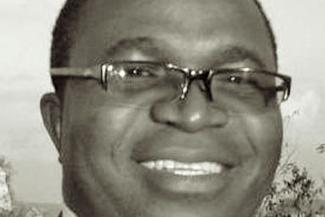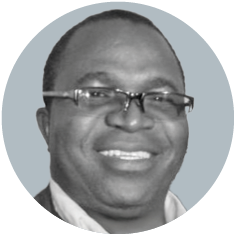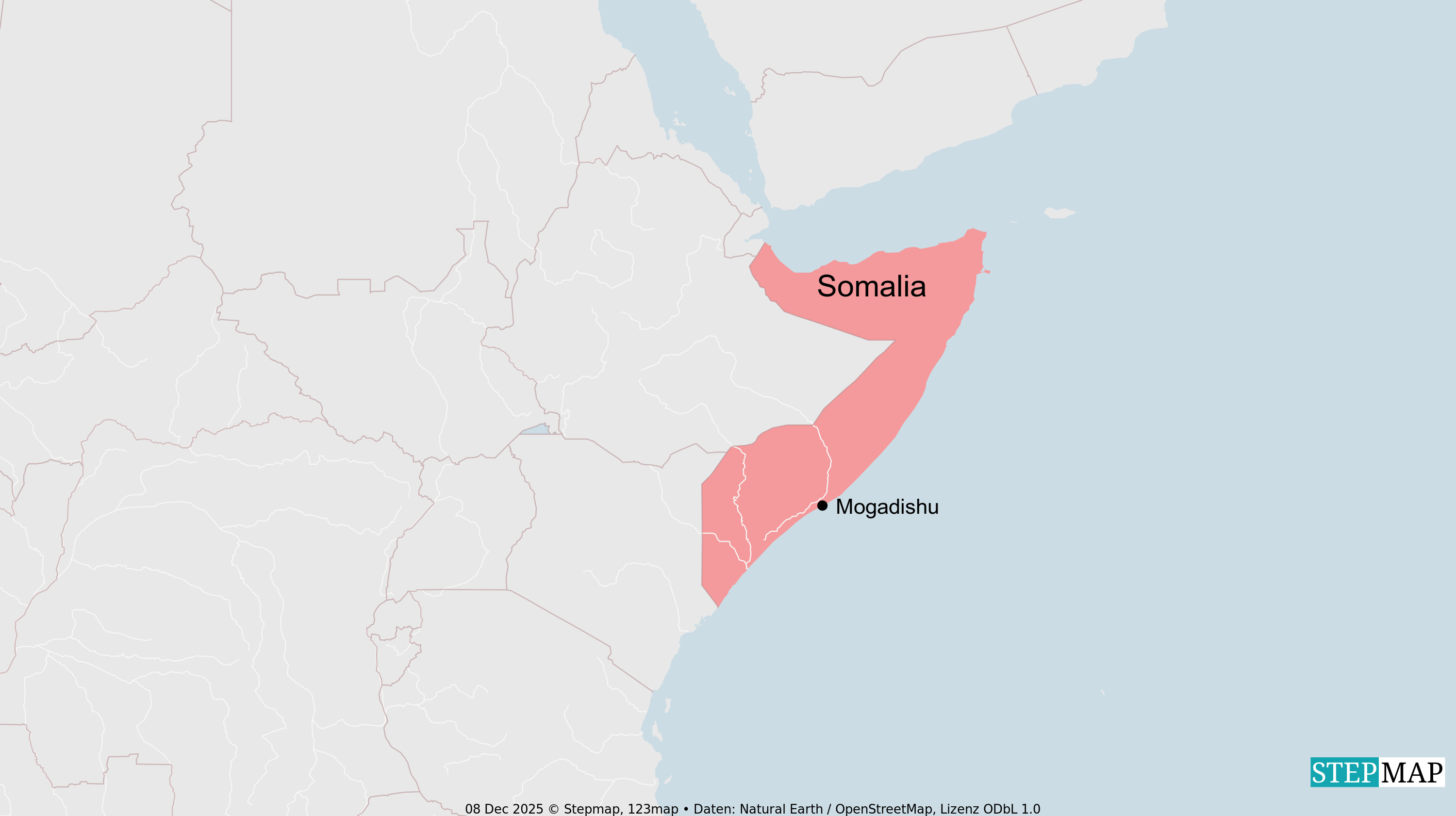Governance
Nobody trusts the police
By Raphael Mweninguwe

I recently saw a taxi driver handing out money to a traffic police officer at a road block in rural northern Malawi. The money was meant to silence the officer because the car was obviously carrying far too many passengers. I told the police officer that he had taken a bribe, but he denied any wrong doing. In his view, he was just doing his job.
Accepting favours for not performing every single duty is considered part of government employees’ daily routines – and it certainly helps to beef up rather poor salaries. Malawians think that civil servants fail to help them unless they give them something in return. According to a recent Transparency International (TI) survey, Malawi’s police is the most corrupt institution not only in Malawi, but in Southern Africa.
Aubrey Phiri is a minibus driver in Lilongwe, the capital city. He says: “There is no police officer who does not get bribes. Their salaries are little and there is no motivation of work. We just have to understand them.”
Most minibus drivers overload, and pay the police to look the other way. This malpractice is the cause of many dreadful accidents. Sometimes, taxi drivers off-load some passengers when they see a road block with traffic police. After passing the police, they then wait for the off-loaded passengers to catch up again, let them board, and continue their journey. Of course the police understand this trick, but they don’t seem to be bothered.
Some police officers have even teamed up with criminals, for instance by giving them guns or taking part in robberies. In Blantyre, Malawi’s commercial capital, thugs have used police arms to terrorise people they robbed. Recently, five police officers were arrested for mounting an illegal road-block in Thyolo district, where they were collecting money and cell-phones from the people. The media keep running reports of police officers being involved in all sorts of criminal behaviour and bribery.
Lot Dzonzi, the new inspector general of police, has warned his juniors to stay clean in the future: “Any police officer who does not want to accept change must leave the service or will face the law if found to be involved in any clandestine activity.” President Joyce Banda has similarly pledged to fight corruption.
Such government statements make sense. The sad truth, however, is that corruption is part of our social norms. This is so at all levels, from local authorities to the national government, from civil society to the private sector. Efforts to fight corruption are welcome, but it remains to be seen what they actually achieve. It will not do to hunt down corrupt individuals. Malawians need a different mindset.








